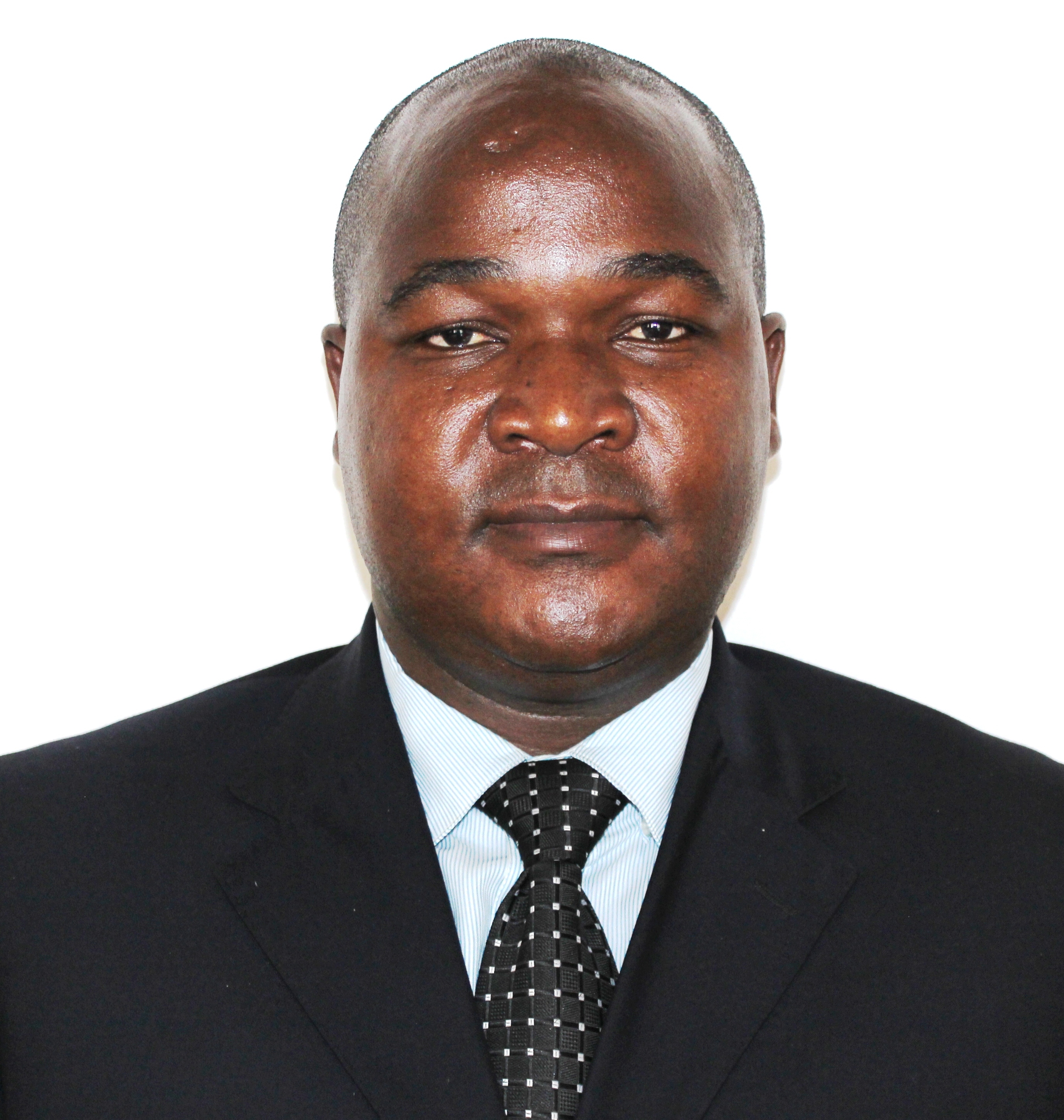
Series: ‘Q&A’ with Publishers for Development speakers
Willie Davison Ganda (Eng.) is the Director for Research Development and Innovation at the Ministry of Higher and Tertiary Education Science and Technology Development for the Government of Zimbabwe. He will discuss the Zimbabwean perspective on access to resources at the Publishers for Development conference on the 28 June 2016.
What does your organization do?
My ministry is responsible for the development of human capital for the country and the promotion of science and technology development.
How does the work of your organization relate to the Sustainable Development Goals (SDGs) or international development more generally?
My ministry is involved in supporting the SDGs in that we are the ones responsible for training human capital in the country. It will be human capital with the necessary skills working in the various sectors of the economy that will make the SDGs attainable.
With more of a specific focus on research and science and technology, my organization is responsible for ensuring that research efforts are focused in order to address aspects under each of the SDGs. Research enables informed policy decision making around each of the SDGs as well as providing the solutions that can address the SDGs.
What are the key challenges in the research and knowledge sector in your country?
The key challenges as far as research is concerned in Zimbabwe are:
- Lack of funding.
- Poor infrastructure.
- Low capacity of researchers.
- Low uptake of research to inform policy making limits the sources of funding and also results in most of the research being foreign funded and results not appreciated or used locally.
- Very limited international collaboration and therefore little exposure for researchers.
- High cost of connectivity.
- Ageing researchers.
Can you see a way in which having access to published research can support international development?
Published research can support international development, particularly in sub-Saharan Africa where most of the challenges the region is grappling with are not new. A lot of research has gone into these areas with vast information available in repositories. The information already available could help accelerate the development and implementation of customized solutions. Examples include areas like water provision and agriculture. There is a lot of research material available on water and sanitation and agriculture but despite the availability of this research, Africa still lags behind in the provision of basic services like water as well as feeding its populations.
There is clearly a huge gap on what is available and what Africa is aware of or has access to. This is evidenced by researchers still working on areas that have long been researched on and, in some cases, claiming to have found new things yet the solutions were developed some time ago. In my public work as a government officer, which largely includes policy making, one of the glaring issues is policy making that is not supported by evidence. This has seen some catastrophic policy decisions that have cost Africa many years of development. In the absence of research-based evidence, policy making has been subjected to biased personal opinions and other non-empirical forms of evaluation leading to sub-optimal and in some cases totally catastrophic solutions.
What would improve the ways that researchers are able to access research?
The primary reason for limited access to research in Zimbabwe is the cost. Whilst the value of access to research is unquestionable, gaining access to research is costly. Currently, access to free or affordable research material is restricted to universities. In the public sector, where I work, it means that access to such resources becomes a cost that is among the lower priorities when set against other pressing issues. Without access to research material, the policy-making process becomes deficient of a critical ingredient. Opening free access to include the public sector in the developing world would enhance the quality of policy making.
The cost of connectivity also remains a major hindrance in accessing research. Strides have been made to improve access lately but more efforts are needed to match the improved bandwidth with the skills capacity of the researchers so that they can use the available resources. A trend has been seen where improved bandwidth has largely been consumed by social media. This has pointed to the fact that more training is needed in how to access research and in the use of electronic platforms that house research publications.
Who has inspired you in your work and why?
My father has inspired me in my work as a public officer responsible for promoting research and development. I grew up in the countryside where we were peasant farmers. It was striking to see how, through the application of scientific techniques in farming, my father had better harvests compared to those around us. Due to this, he managed to send us to school through peasant farming. This made me realize the importance of the application of research and development in ensuring that Africa as a continent is able to feed itself. As I work every day to promote research and development in my country, that experience always motivates me; the knowledge that my country and my continent will one day be able to conquer perennial problems like hunger and other manifestations of poverty through the application of technology, and this can only be done through research and development.
Come to Publishers for Development to hear more. Register for the event here. Follow us on Twitter using the hashtag #pfd2016 to keep updated.

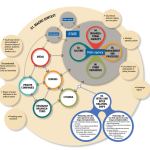 Previous Post
Previous Post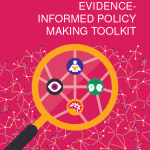 Next Post
Next Post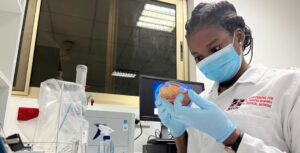


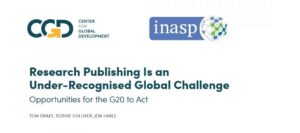
‘Knowledge is power’ the old adage says. Traditionalism, inadequate funding and lack of innovation affect not only research but also dissemination of research findings. This seems indeed to be an Africa’s problem.
Poor early writing and reading culture account for poor research, publication and dissemination of research findings.
Moving forward:
a) Africa should promote early reading and writing among our children as we build for the future.
b)Africa should invest in establishment of young readers, writers and authors forum as we prepare for tomorrow’sleaders in this area
c) African countries should put up resources and invest in building reserach capacity needs of the millenials . These young talented boys and girls joining workplaces today lack the patience to wait for buauracracy and procceses. They want every quick answer with little or no input. They are perceived to be focused at materialism and not the needs of the new organisations they have joined. This is unfortunate. They are working within environments where they see no role models nd ulimately quit. As the publisher’s meet this issue may need to be addressed. Where are the young publishers? Who is encouraging them to publish?
Finally as a father of Uganda’s youngest author, I have had lessons and experiences that can bw shared at this fora together with my 11 year old daughter and author of two natoonally accreduted readers. Africa has talent but her potential are yet to be harnessed.
Bonita Treasure Murungi Arinaitwe 11 years old is today’s Uganda’s youngest author. Visit her Amazon platfrom and read her work in the two books she has published now read world wide on he kindle etc. Visit her Amazon profile or Google her books: The Brave Prince Michael and Friends. Her third book The Life of the Forest is due to come out.